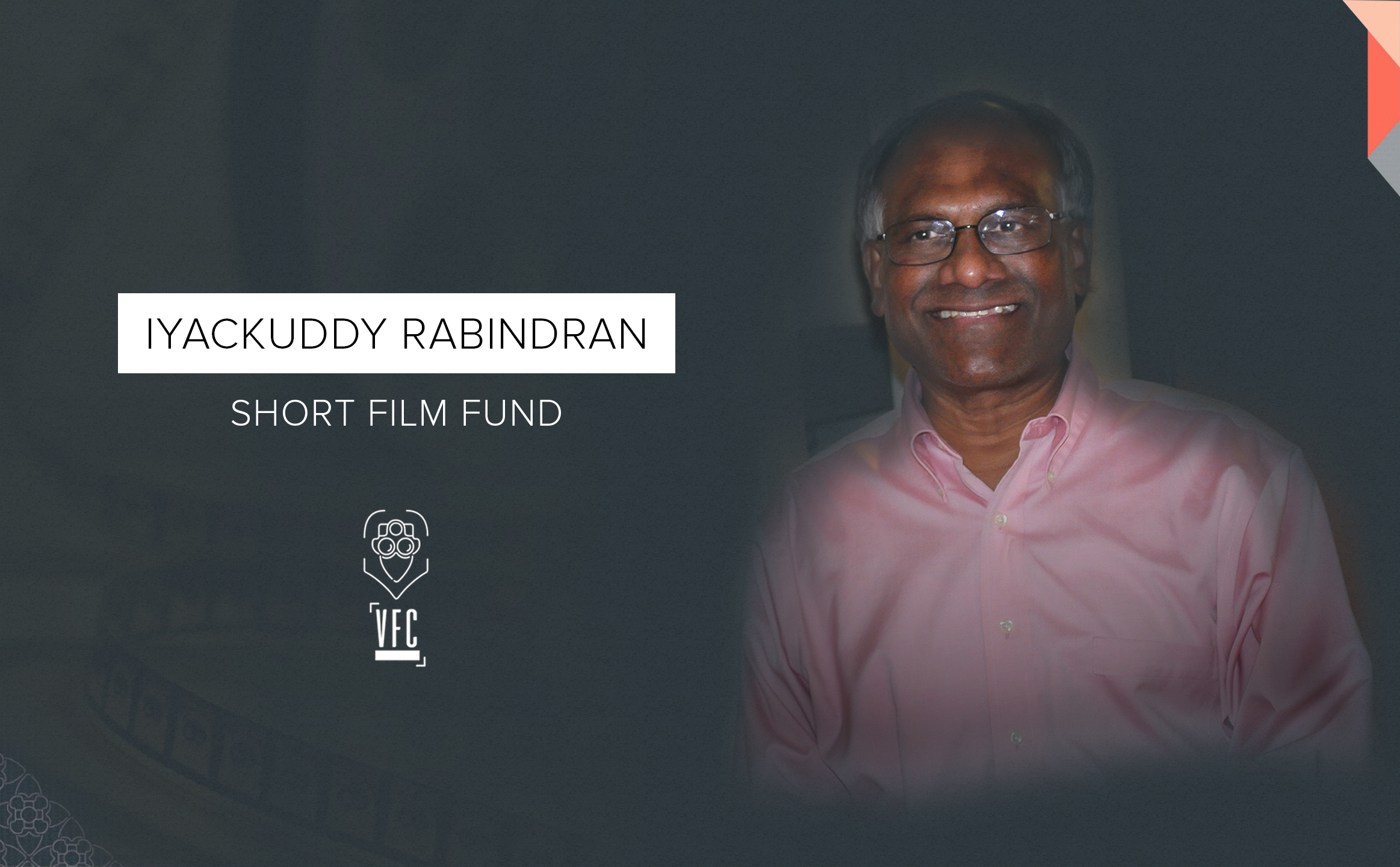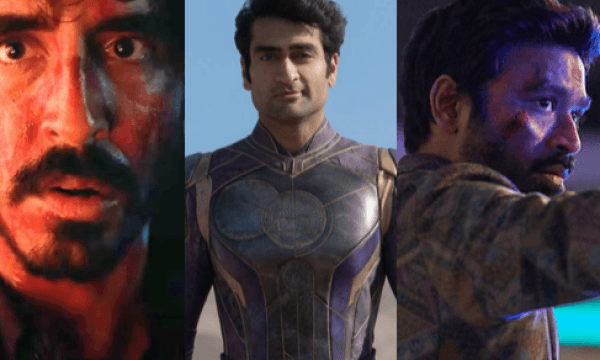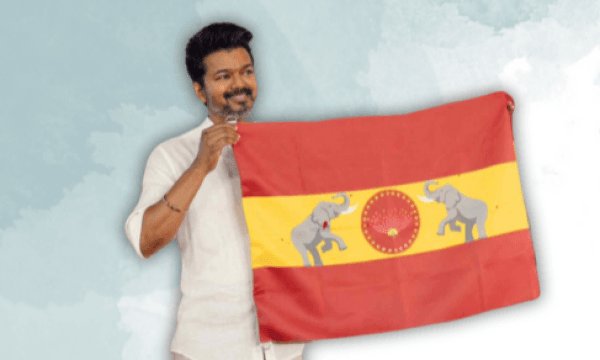
When I returned to Chennai for a visit in the winter of 2017, shortly after launching Viewfinder Film Consulting, theatres were still running a highly acclaimed crime thriller directed by a young newcomer. Critics and the masses alike couldn’t sing their praises enough about “Dhuruvangal Pathinaaru” (“16 Extremes”), the gritty, superbly scripted debut from Karthick Naren.
So, I made my way to the cinema for my fix of masala popcorn and the latest Tamil hit, the last release of 2016. It was a Wednesday afternoon in February, but my Escape Avenue screening was entirely sold out. Within minutes I could see what all the craze was about. And by the end of the 105-minute film I was on the list of all those who knew that Karthick Naren would become one of Indian cinema’s very best storytellers.
Following the screening I called my parents back home in Canada, as was routine (and demanded), to tell them about my day. Usually this would include some stories of how my VFC meetings and reunions with local friends had gone. But that day all I really wanted to tell them, or more specifically my dad, was about this brilliant thriller. I knew he’d adore it too.
As I began to summarize the magic of the cunning script and subtle performances (without any spoilers because he hated those), I could feel my dad’s interest pique over the phone line. I promised him we’d watch it together when I returned home in a few weeks. But by the time I had called home again the next night, my father had already watched D-16.
Between my talk of the film, and the reviews we had both been hearing since the start of the year, he just couldn’t wait. He had gone straight out to obtain a copy of it (since it was unfortunately not in theatres in Canada). He was just as impressed by it as I was.
Now normally, if your dad goes out and watches the film you were supposed to watch together, by himself, you might get annoyed. But I was just happy that I didn’t have to wait to discuss it in detail with him. And frankly speaking, I wasn’t all that surprised. My father was the man who would stay awake to finish any film. Even the ones that he, my mom and I would begin together – after we had hit pause halfway through to go to sleep. The next night, when we resumed the film, he would just pretend he didn’t already know the ending.
Soon after he saw D-16 that first, fateful time, my father was hooked. He would watch it at least 4-5 more times in that month, before I returned home and we re-watched it together. And for the next several weeks it would become at least 30-40% of what he spoke about at family gatherings and parties with his friends.
He even called overseas relatives to tell them about this great film he’d seen and why they shouldn’t miss it. He would not rest until everyone he knew, and then everyone those people knew, had seen “Dhuruvangal 16”.
That was my dad. When he liked something, especially a movie or new filmmaker, nothing brought him quite as much joy as spreading the good word about it. He did the same thing when Karthik Subbaraj debuted with the clever “Pizza” or when Balaji Tharaneetharan blew us all away with the quirky “Naduvala Konjam Pakkatha Kaanom” (“A Few Pages Missing in the Middle”).
My Appa adored discovering new voices in cinema. He loved analyzing how fresh storytellers brought unique styles and perspectives to an industry he had been following all his life, and mine. He could discuss cinema from dusk til dawn without tiring, recalling even the smallest details of films he’d seen years ago.
We would debate about our favourites, spend hours on YouTube watching reviews and new shorts, find parallels between generations of actors and music directors, and pull apart dialogues to find the hidden meanings within – even if the original writers never intended for there to be one.
I inherited my ability to analyze films from my father and learned the joy of appreciating the ones I love from him. I am inspired every day to seek out the kind of storytellers he derived so much happiness from celebrating, through VFC’s work.
And that is why I decided to launch the Iyackuddy Rabindran Short Film Fund (IRSFF). This initiative is aimed at encouraging and supporting promising new talent in the global Tamil film industry.
Through VFC’s ongoing script competition for Tamil short films, we hope to find new writers and directors who are creating the kind of quality content that my father was enamoured with through his lifetime.
For its first edition the IRSFF will provide the chosen recipient of the competition with $1000 CAD towards the production of their film, and free VFC consulting services for a 1-year term. The fund will grow annually with the help of corporate investors, and be awarded to new filmmakers, creating content in various South Asian languages, chosen via competition(s) each year.
As VFC approached its second anniversary of operations on December 1, and my family approached the first anniversary of my father’s passing, launching IRSFF in his memory felt like the most appropriate way to honour him. He is the person who inspired my love of South Asian cinema and inadvertently taught me how to spot new filmmaking talent. Throughout all this, he also constantly supported my desire to work in this male-dominated industry.
When I first broached the topic of moving to India alone for some time to work in production my father simply smiled and said “Yeah, you go!…Maybe I’ll come too!” This was while all others in my family expressed their concern and doubts.
Contrary to popular belief my strict father was always the most encouraging person of my ‘unconventional’ career choices. Though he hardly ever praised or appreciated my work, in my presence, I soon learnt that he was steadily responsible for at least 10% of all the site traffic to every one of my columns and podcasts. He also spammed many a relative’s inbox with links to anything carrying my name. This is why another intention of the IRSFF is to encourage women working in South Asian film production, like myself.
The IRSFF recipient must employ at least 25% female cast/crew as part of their project’s production, in order for the fund to be released at each instalment. Through this requirement VFC hopes to increasingly advocate for women in the field of South Asian entertainment and media, and provide more opportunities for them in any and every production role.
The deadline for submissions for the IRSFF Competition is December 31, 2018. Applicants can be from anywhere in the world and all details regarding submission requirements, and the terms of the fund, can be found here. If you have a script you’re looking for help making, submit it today or reach out to us at Viewfinder Film Consulting to see how we can help your film find its focus and audience. You may be exactly the type of fresh filmmaker that my father loved to sing the praises of – in which case, VFC will want to too.

























